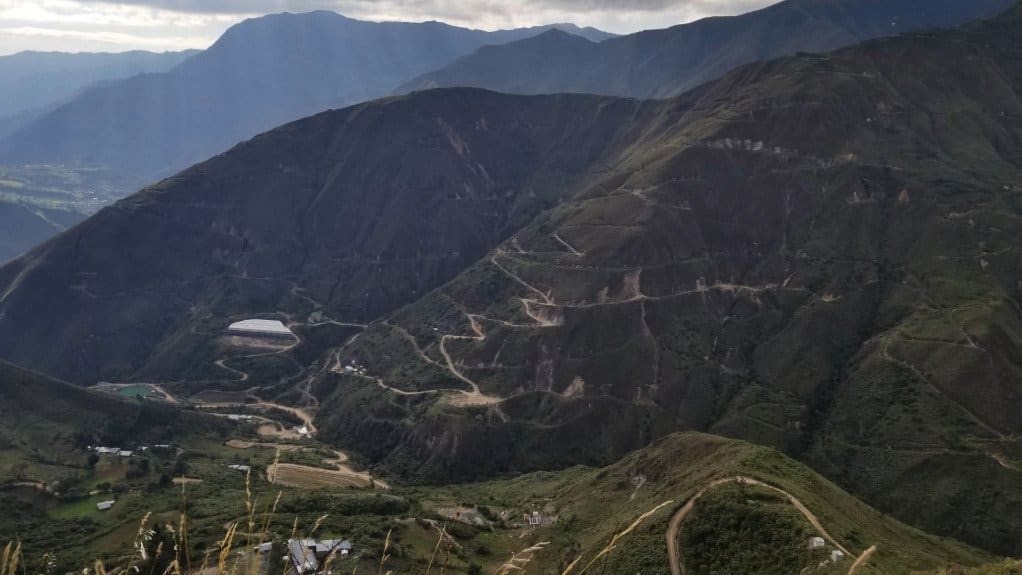Canadian miner First Quantum Minerals, which lost the right to operate its copper mine in Panama last year following protests by environmental groups and a court ruling deeming its contract void, is seeking to speed its copper projects in Peru, a company executive said on Wednesday.
One of the three largest global copper producers, First Quantum in Peru controls the La Granja project, worth at least $2.5-billion, and the $1.86-billion Haquira project.
“These are projects that need to be accelerated,” said the mining company’s project development director, Steven Lewis, during a speech at a mining forum in Lima.
La Granja, where fellow miner Rio Tinto is a minority partner, is a project with a 40-year lifespan and forecast output of 500 000 metric tons per year, according to government data. First Quantum’s Lewis said it has one of the largest undeveloped copper deposits in the world.
Meanwhile, the Haquira project, fully owned by First Quantum in the Apurimac region, is in the “pre-feasibility” stage. It could reach an annual output of 200 000 tons once at full capacity.
“We are very busy building more positive relationships with the communities (in Haquira) to allow it to come to light,” said Lewis, who did not offer a time frame for the construction of both mines in the South American country.
The company shifted focus toward Peru after Panama’s government decided last year to annul First Quantum’s contract to operate the Cobre Panama mine there, which accounted for about 40% of First Quantum’s revenue last year.
“We are now working with Panama’s government to ensure the environmental stability (of the project), the integrity of the copper assets, and, most importantly, the safety of our employees,” Lewis said.
Panama’s outgoing government of President Laurentino Cortizo ordered the closure of the mine, which is currently in maintenance mode while the formal closure process starts.
The incoming administration of President-elect Jose Raul Mulino, who is set to take office on July 1, will be tasked with setting guidelines for the process.



